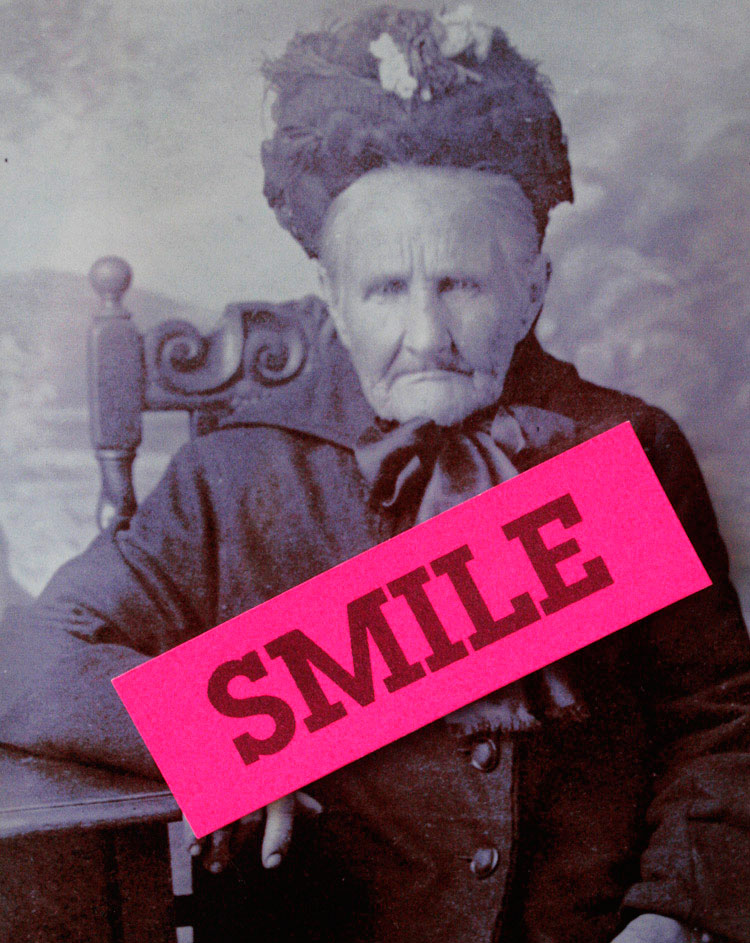
Recent evidence suggests yes
Botulinum toxin A (Botox®/Xeomin) has been used to smooth wrinkles and to effectively treat muscle spasms, migraine, and urinary incontinence. Botulinum toxin (Botox/Xeomin) works by creating temporary muscle paralysis. Injected into the forehead muscles above and between the eyebrows, botulinum toxin (Botox/Xeomin) improves the appearance of frown lines. Recent evidence suggests that this same botulinum toxin (Botox/Xeomin) injection might also be an effective treatment for depression.
A growing body of research shows that a single botulinum toxin (Botox/Xeomin) treatment between the eyebrows may produce a strong and sustained reduction of depressive symptoms. This seems to occur in both patients who did not improve sufficiently on medications and patients that have never been treated with antidepressive medication. The symptom reduction takes effect about two weeks after one treatment and continues long after the cosmetic effect of botulinum toxin (Botox/Xeomin) has worn off.*
How? Two theories emerge
The fact that the antidepressive effect continued after the wrinkles reappeared suggests that the elevated mood is not just a byproduct of the cosmetic improvement or the self esteem boost that might come from having fewer wrinkles. There are two theories for botulinum toxin (Botox/Xeomin) antidepressive effects:
Botulinum toxin (Botox/Xeomin) treatment changes people’s social experience and make it harder for patients to frown. As WebMD science writer Jim Kling writes, “If individuals smile more and frown less, they are likely to have better social experiences, which could lift mood.”
The far more likely explanation is biologic. Dr. Tillman Kruger explains that our emotions are expressed by facial muscles. Those facial expressions in turn send feedback signals to the brain to reinforce our emotions. Treating facial muscles with botulinum toxin (Botox/Xeomin) might interrupt this cycle resulting in improved mood.
Medical imaging studies have shown that when people are unable to make angry facial expressions there is less activity in the area of the brain that controls emotions like anxiety and fear. If a person cannot frown, the brain does not register a frown, and the brain does not understand that the person is upset, thereby leaving the person in a better mood. Ever hear the phrase “smile until you’re happy”? It’s the same principle.
This idea is not new
For many years research has pointed to the role of facial expressions in the physiology of emotions and the treatment of mood disorders. Facial expression of negative emotions such as fear, sadness, and anger all involve contraction of the muscles in the forehead, and multiple lines of evidence specifically implicate the forehead muscles in depression.
Another method to treat depression
The more we learn more about the connections between our bodies and our emotions, the more we see that entirely new approaches to treating mood disorders are helpful. For example, light therapy is now standard treatment for seasonal affective disorder (SAD). Having another treatment to ease depression, especially since botulinum toxin (Botox/Xeomin) does not conflict with antidepressant medication, will be very helpful.
Currently in Phase II studies
Although researchers across the globe are looking at botulinum toxin (Botox/Xeomin) as a treatment for depression, using botox to treat depression is still off-label (experimental). However, the makers of botulinum toxin (Botox/Xeomin) are already in Phase II clinical studies for FDA approval of botulinum toxin (Botox/Xeomin) in the treatment of depression. So, it could become a standard treatment soon. In the meantime, who wouldn’t benefit from smoothing away a few wrinkles? And if it improves your mood at the same time, that’s all the better!
Contact us
Are you in the San Francisco Bay Area? Book an appointment with one of our skilled physicians to learn more and develop a treatment plan that is right for your goals, budget, and timeframe. You can book online or call us at 415-409-3456.
Image: Alan Cleaver, Smile, Creative Commons CC by 2.0. Botox is a registered trademark of Allergan, Inc.

